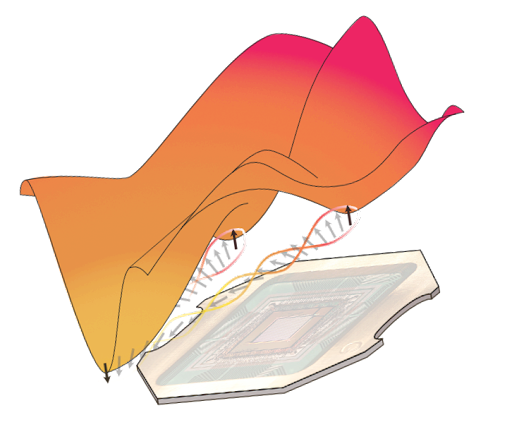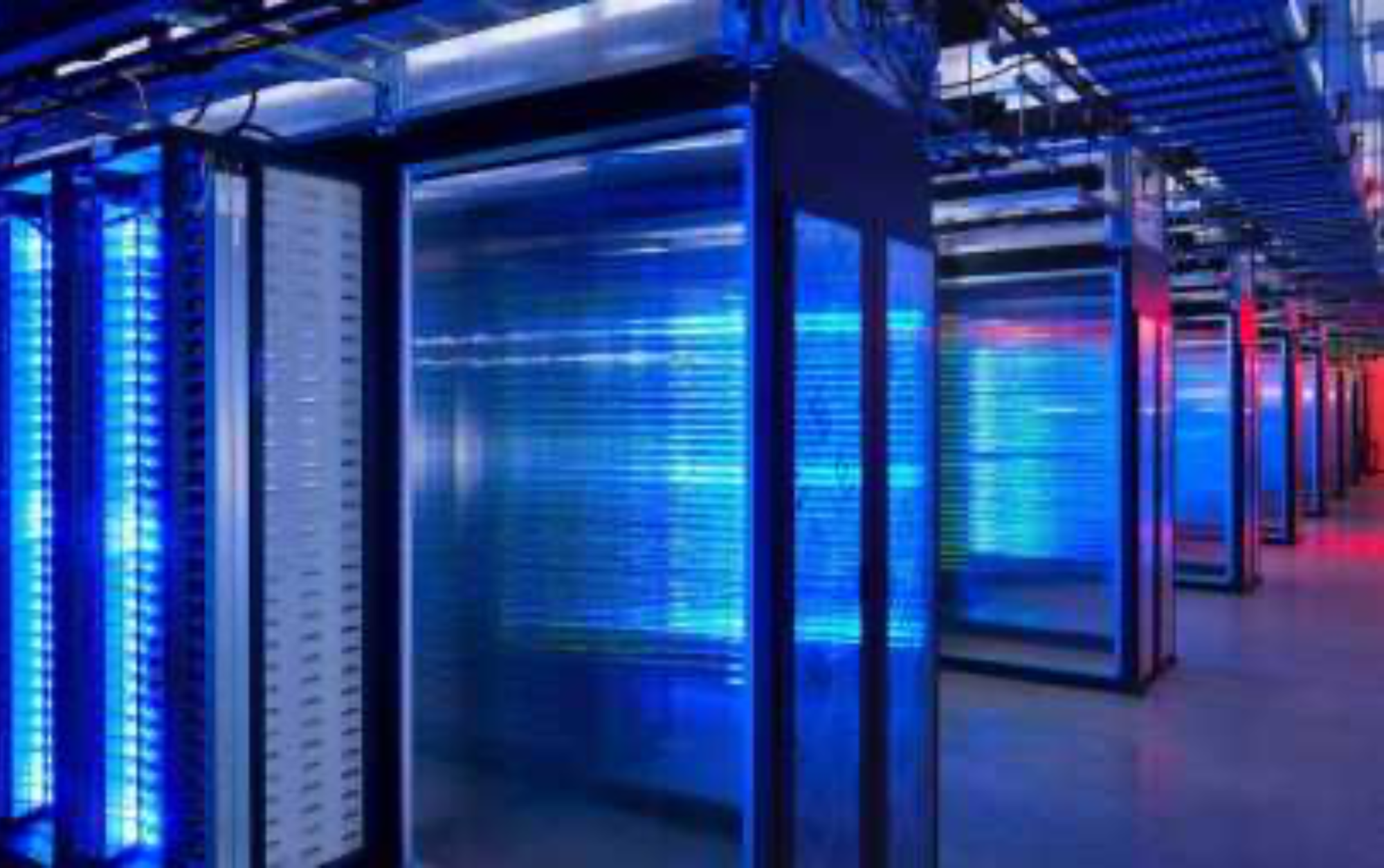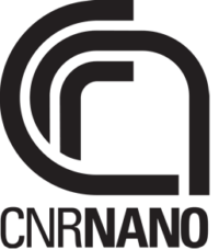F. Troiani, A. Bertoni, R. Di Felice.

Quantum information theory has made great progress in the past 30 years, producing a mature formulation of concepts, theorems and algorithms.
We have now reached a stage where we can test the laws of quantum information theory in commercial and cloud devices.
“Experimental” tests have a great potential to reveal unprecedented knowledge of solids and molecules for applications of interest to governments and society.
Quantum chemistry and correlated materials science are currently identified as breakthrough applications of available and envisaged quantum computing devices.
We use cloud devices to: (i) compute the bandstructure of periodic crystals; (ii) compute the total energy of molecules with metal centers; (iii) identify phases of materials and their relative energetics; (iv) solve spin Hamiltonians to characterize the physics of novel quantum hardware; (v) solve computational biology problems by quantum machine learning. Along the way, we develop hybrid algorithms and classical/quantum software interfaces.
Selected Publications
Quantum versus classical machine learning applied to a simplified computational biology problem,
R. Li, R. Di Felice, R. Rohs, and D. Lidar,
NPJ Quantum Information 4, 14 (2018); doi: 10.1038/s41534-018-0060-8
Interacting holes in Si and Ge double quantum dots: From a multiband approach to an effective-spin picture,
A. Secchi, L. Bellentani, A. Bertoni, and F. Troiani,
Phys. Rev. B 104, 035302 (2021); doi: 10.1103/PhysRevB.104.035302
Two-electron selective coupling in an edge-state based conditional phase shifter,
L. Bellentani, G. Forghieri, P. Bordone, and A. Bertoni,
Phys. Rev. B 102, 035417 (2020); doi: 10.1103/PhysRevB.102.035417
Vacancies in graphene: an application of adiabatic quantum optimization,
V. Carnevali, I. Siloi, R. Di Felice, and M. Fornari,
Phys. Chem. Chem. Phys. 22, 27332-27337 (2020); doi: 10.1039/D0CP04037A

